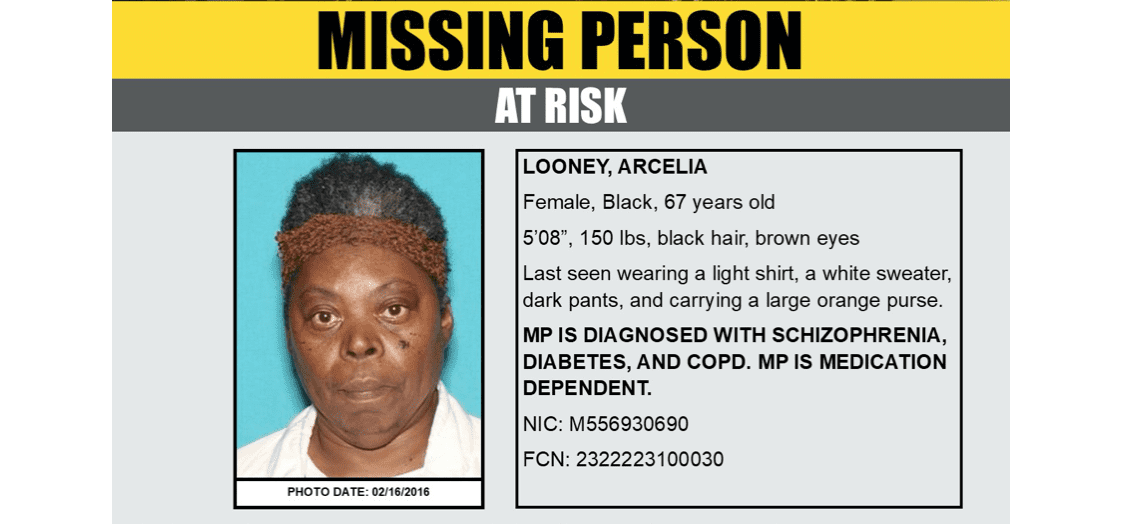Nonprofit organizations Townspeople and Adjoin Monday announced they’re joining together to create the San Diego Shared Housing Collaborative to move more veterans, people with disabilities, individuals living with HIV/AIDS and families in the San Diego region from homelessness into permanent housing.
The initiative is to be funded by a $200,000 grant from Funders Together to End Homelessness San Diego.
“The San Diego Shared Housing Collaborative will expand high-quality housing opportunities in our region and will bring us one step closer to ending homelessness,” Funders Together Director Amy Denhart said. “As a community, we must continue to invite and welcome new programs, resources and services to our approach on homelessness in order to create long-lasting solutions that are accessible to everyone.”
Townspeople Executive Director Melissa Peterman began exploring in 2021 how shared housing might serve as a solution to homelessness for clients not already living in the 118 homes it owns and operates.
While doing so, she said she found that while Adjoin and other providers are successfully implementing a shared housing model in San Diego, the county doesn’t have a regional system in place.
“We firmly believe having a place to call home is the foundation for health and wellness,” Peterman said.
She then connected with Angie Striepling, veterans director at Adjoin, to discuss how their organizations could work together to expand on Adjoin’s continuum of service intended to support success in shared housing and to build out a system that includes other homeless service providers and sub- populations.
“At Adjoin, for many of the veterans we serve, especially those on fixed income, finding affordable housing in San Diego’s tight rental market can be extremely challenging,” Striepling said. “We came to use shared housing rather organically as an option for many of our veterans because it was the best option to get them off the streets and into housing that was affordable, by sharing in the cost of the unit.”
The nonprofits plan to design and implement a small-scale system of shared housing with an eye for regional growth. It will use strategies such as housemate matching, landlord incentives, support services, communications and conflict management to get more people who are homeless into stable, permanent housing, a joint statement reads.
“We really need to normalize and encourage shared housing as an option as we work to end homelessness,” Striepling said. “We have seen it work and work well, taking strangers who agreed to shared housing to best friends looking out for each other.”
At least 8,102 people experience homelessness in San Diego County on any given night, with 10% of that population made up of veterans and 36% made up of individuals with a physical disability. San Diego is also the fifth most expensive rental city in the nation, according to the 2022 Zumper National Rent Report.
“Ending homelessness requires intensifying and maximizing all housing opportunities as well as finding new ways to engage the private rental market in order to effectively increase options that lead to permanent housing,” Peterman said. “The expansion of shared housing is a critical pathway to finding a home for the thousands of individuals experiencing homelessness in San Diego.”







